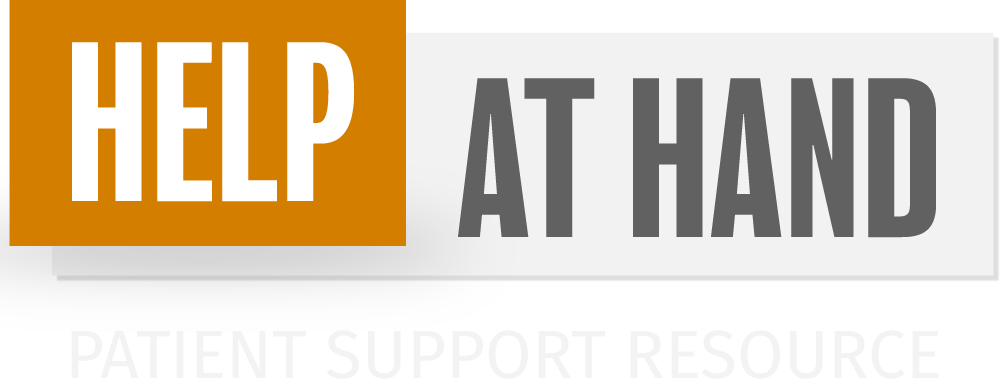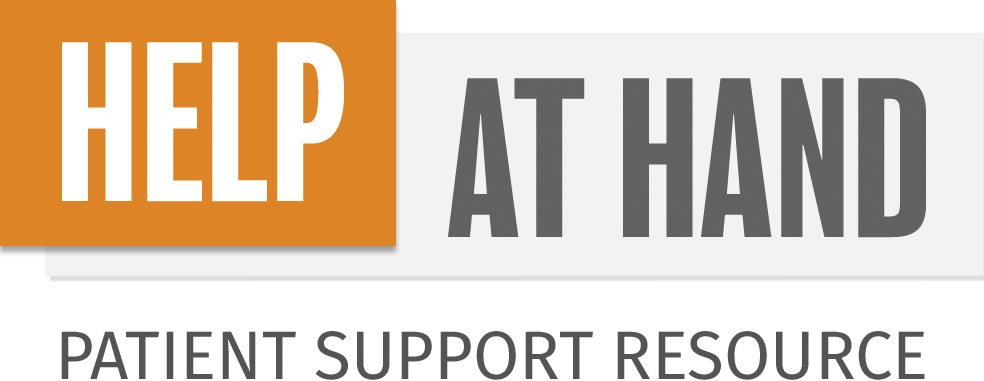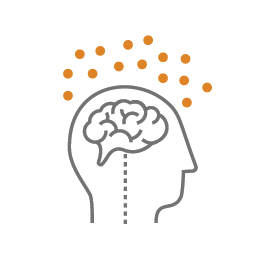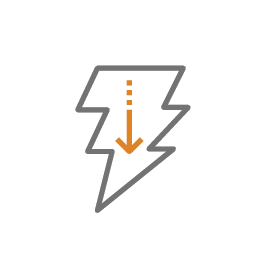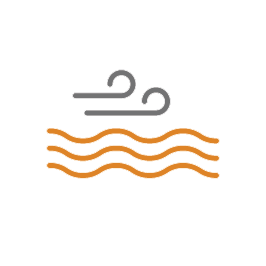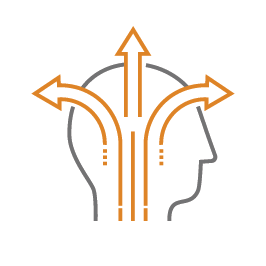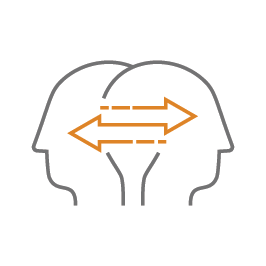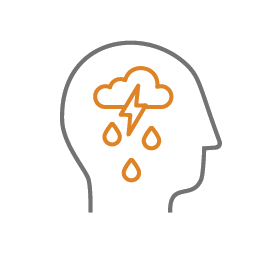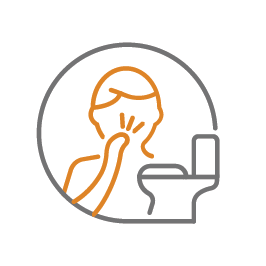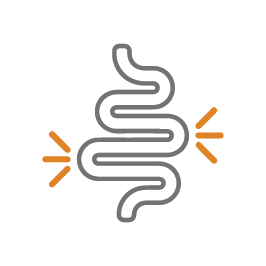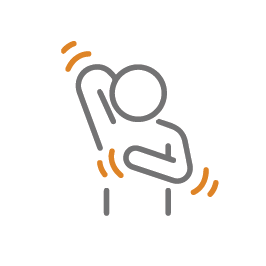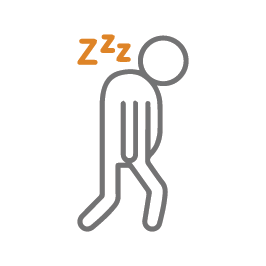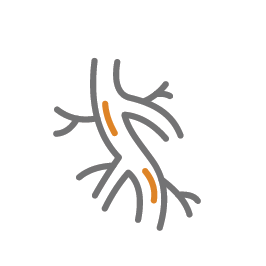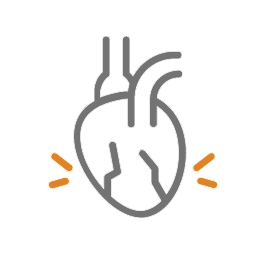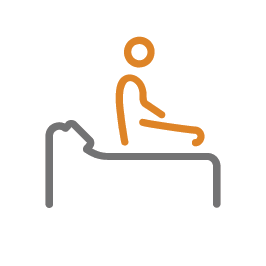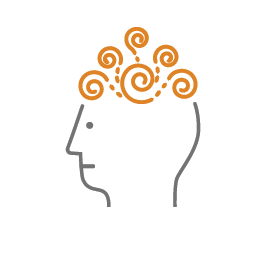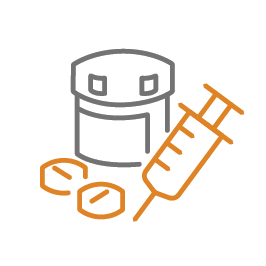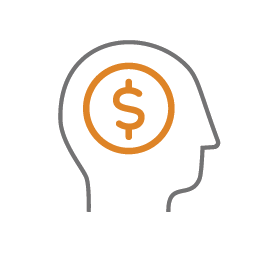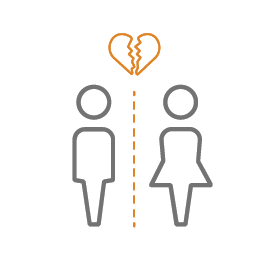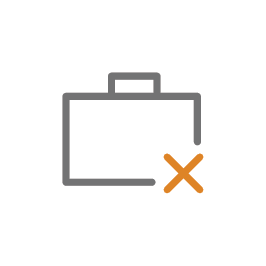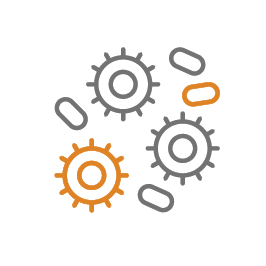What can I do?
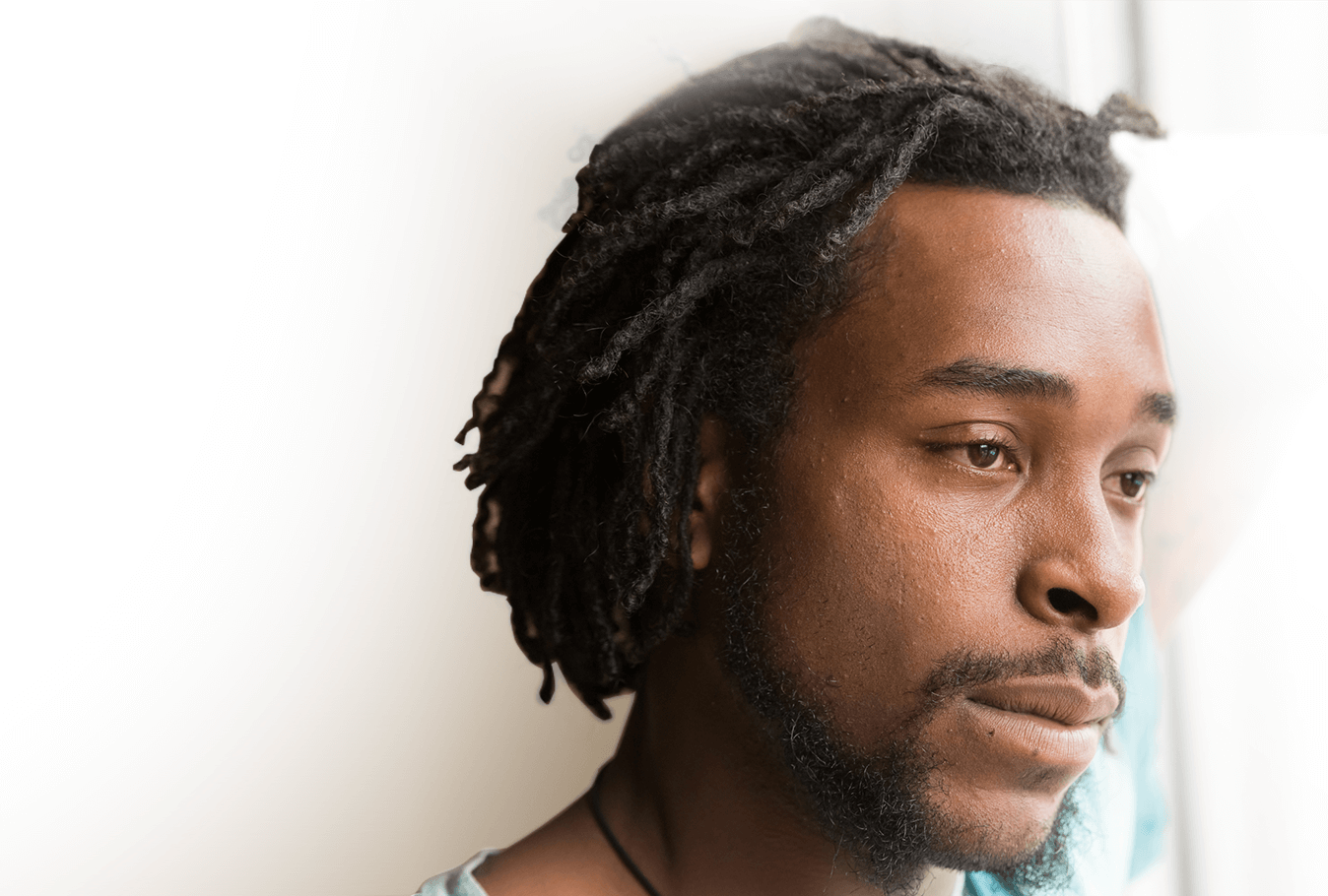
Suspecting or knowing a family member, friend or loved one has a problem with injecting drugs can be distressing.1 You may be struggling to figure out how to bring up the conversation, what help they need, and how to get them help.
Dealing with your own emotions can also be difficult. Feeling anxious, sad or embarrassed are common reactions.1
Take note: you will not be able to fix their drug addiction yourself but there are steps you can take to help.2
You’re not the cause of their addiction.
You can’t control their addiction.
You can’t cure their addiction.3
What clues should I look Out for?
It can be hard to detect if someone is injecting drugs. Many people try to cover the physical scars out of embarrassment, shame or guilt and to protect loved ones from the worry. It’s worth noting that experimenting with drugs such as heroin can lead to addiction pretty quickly. Over time, addiction leads to serious problems.4
Effects of injecting drugs
Note that your loved one or someone close to you may not be experiencing all the possible effects listed below.
Psychological Effects
Physical Effects
Extreme Use
Other Effects
Adapted from illustration by Gilmartin B in Hartney E (2020)11
Common physical and behavioural signs to look out for include:4
- Bloodshot eyes
- Small pupils
- Sudden weight loss
- Needle or track marks
- Being secretive or cagey
- Changes in physical appearance
- Lack of motivation
- Extreme drowsiness or nodding off
- Borrowing money
Other Clues:1,5
If you feel something may be wrong, trust your instincts. Talk to your doctor.
How can I help?

Talk to the person
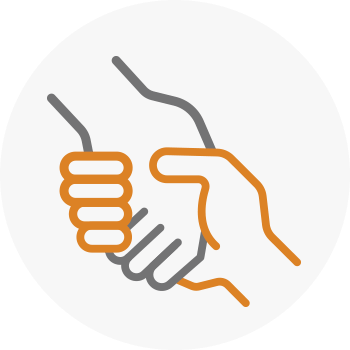
Provide support
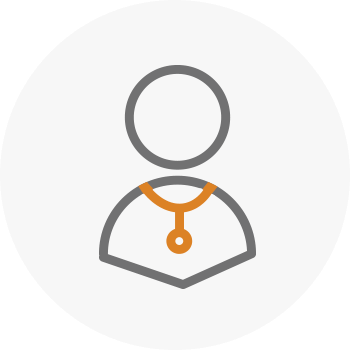
Take action
Get talking
Acknowledging someone you care about may have a drug problem can be uncomfortable, even scary.
But it’s vital in getting them the help they need. First try talking to them honestly.
Here are some tips to get you started:5,6
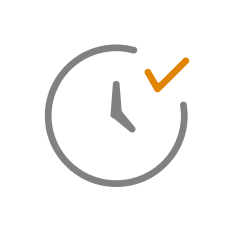
Find the right Time
Not when they are ‘high’, coming down, angry or upset.
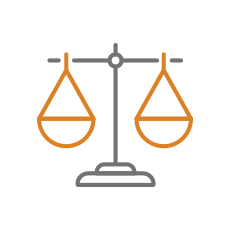
Try not to be judgemental
Talk calmly without anger, blame or frustration.
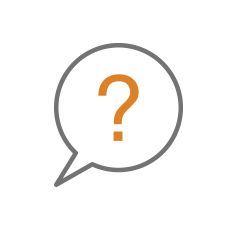
Ask them about why they take drugs
Understand why and how it makes them feel.
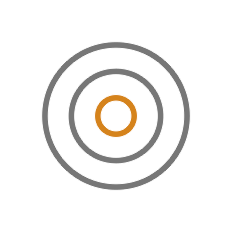
Focus on your concerns
Avoid getting drawn into arguments or discussions.

DO YOUR HOMEWORK
Try and read about the drugs they are using so you can be a credible source of information.
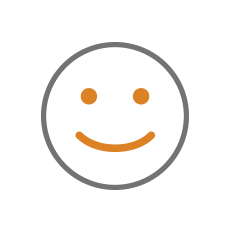
Be positive
Let them know that you’re there for them.
It’s important to understand that your partner, friend or family member will only seek help when they’re ready.1 It is their decision to use drugs. It will be their decision whether or when to do something about it.
At times, even with the best of intentions, those with opioid addiction find it too difficult to talk to someone. In these cases, speak to your doctor or use the ‘Find a doctor’ search function on this website to locate a doctor who specialises in addiction and can provide guidance.
Be supportive
Support, encouragement and patience are essential to help motivate a loved one to get help for drug addiction. Many different types of support services are available. The earlier they get support, the better their chance of beating this disease. Remember, don’t wait until a crisis happens to take action.7
Take Action
Help identify what treatments, support groups, services and networks are available. A good idea is to offer to walk through the information and help them tap into these resources.1,
A doctor is well placed to explain what options are at hand. This could be a regular GP or a doctor that specialises in opioid addiction.
Understand options
The good news is that there are options. Lots of options. Some of which are used together.9
Medication-assisted treatment or MAT is a clinically proven approach in the treatment of opioid addiction (also known as the opioid treatment program).9 Medications, such as buprenorphine with different dosing frequencies (ranging from daily dosing up to monthly dosing), methadone, or naltrexone, work to break the cycle of addiction. They control physical symptoms of withdrawal, craving and ‘on top’ opioid use. When combined with counselling, you get a ‘whole person’ approach.10
What works for one person might not work for another.
Many people try multiple treatments and combinations until they find what works best for them.9
Let’s Talk help
Use the search tool below to find a local doctor who can help your loved one with their addiction. You can also talk to your GP who can recommend specialist help. Once a doctor or a clinic has been located, a referral may be needed. At the time of booking an appointment, the clinic will let you know if this is required.
Note that the search results may not include all doctors and clinics in any specific area.
This website does not endorse a particular doctor or clinic.
Getting the conversation started
To help your loved one prepare for their appointment, these are some questions that the doctor may ask. These include information about their:
- Drug use – how often, why they take drugs, and how it makes them feel
- How ready they are to make a change
- What change they want to make
- Their current life situation – relationships, work, etc.
Once the doctor has a good understanding of your loved one’s needs, some questions to ask include:
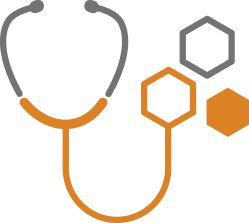
What are the treatment options?
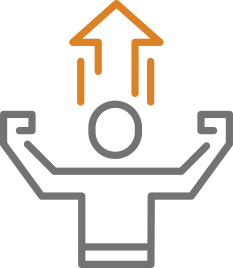
What will help them stay in treatment?
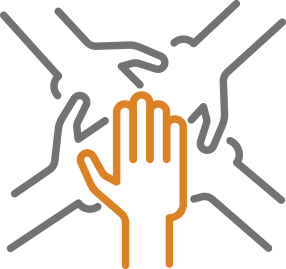
What additional support will they be able to get?
Show references
- Health Direct. How to help someone with a drug problem. Available at: https://www.healthdirect.gov.au/how-to-help-someone-with-a-drug-problem
- National Institute on Drug Abuse. Step by Step Guides to Finding Treatment for Drug Use Disorders How to Recognize a Substance Use Disorder. Available at: https://www.drugabuse.gov/publications/step-by-step-guides-to-finding-treatment-drug-use-disorders/if-your-adult-friend-or-loved-one-has-problem-drugs/how-to-recognize-substance
- Foundations Recovery Network.The BFF’s Guide to Helping Someone with a Heroin Addiction. Available at: https://dualdiagnosis.org/the-bffs-guide-to-helping-someone-with-a-heroin-addiction/
- Addiction center. Heroin Symptoms and Warning Signs. Available at: https://www.addictioncenter.com/drugs/heroin/symptoms-signs/
- Western Australian Drug and Alcohol Authority. Is someone you care about seeking treatment for heroin or other opiate use? 2014
- Reach out. How to help a friend with drug addiction. https://au.reachout.com/articles/how-to-help-a-friend-with-drug-addiction
- Turning Point. Help for clients and family. Available at: https://www.turningpoint.org.au
- National Institute on Drug Abuse. Heroin Research Report. What are the treatments for heroin use disorder? Available at: https://www.drugabuse.gov/publications/research-reports/heroin/what-are-treatments-heroin-use-disorder
- NUUA. Consumer’s Guide to the Opioid Treatment Program: Introduction to the OTP. Available at: https://static1.squarespace.com/static/61bc083a85af43143a2eb69a/t/6217358372a06b7fc3259bc2/1645688218846/Full+Guidelines++Final+061219+(compressed).pdf
- SAMHSA. MAT Medications, Counseling, and Related Conditions. Available at: https://www.samhsa.gov/medication-assisted-treatment/medications-counseling-related-conditions
- Hartney E. The Feeling of Getting High on Heroin. Available at: https://www.verywellmind.com/what-heroin-effects-feel-like-22047 (accessed 21 August 2020)
Let’s Talk SupPort
Here is a list of support networks and resources available to those affected by drug addiction.
Please note, the intention of providing links to these websites is for information only. These should not replace the advice from a doctor. Indivior accepts no responsibility for the content of external websites.
For you as a parent/carer/partner or friend:
For someone you care for:
National Alcohol and Other Drug Hotline: 1800 250 015
You will be automatically directed to the Alcohol and Drug Information Service (ADIS) in the state or territory you are calling from.
This website should not be used as a substitute to seeking medical advice. If you have any concerns, please make an appointment to talk to your doctor.

